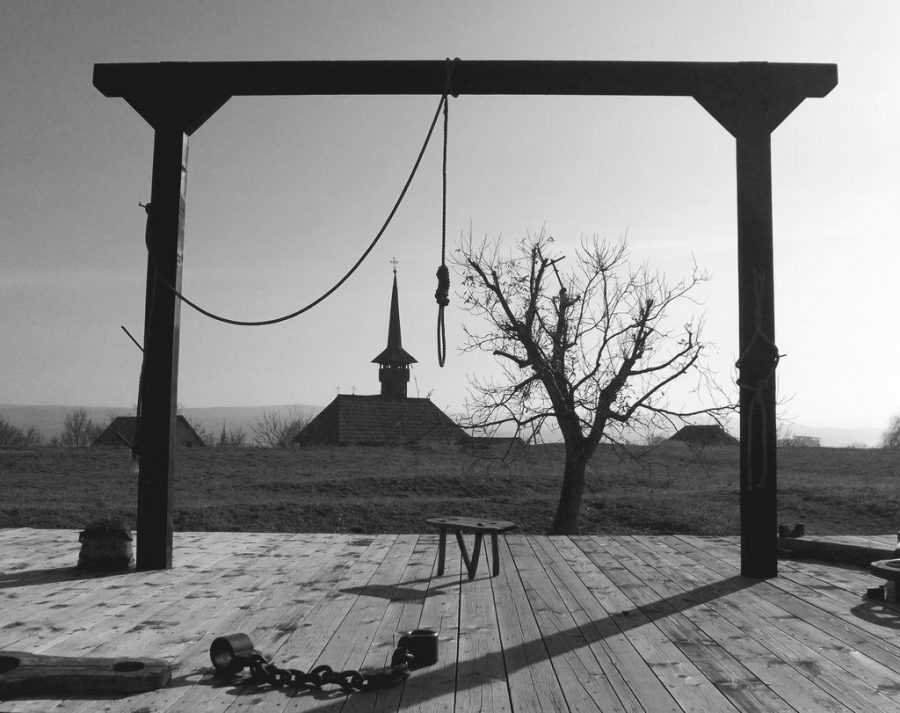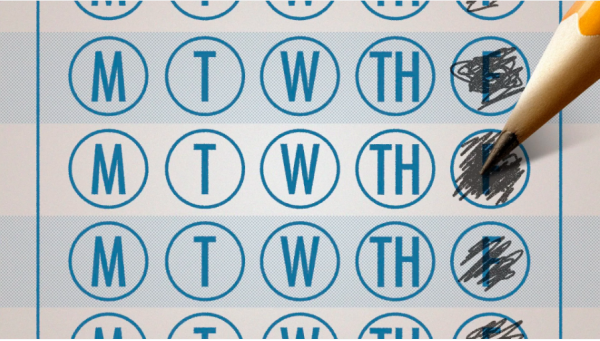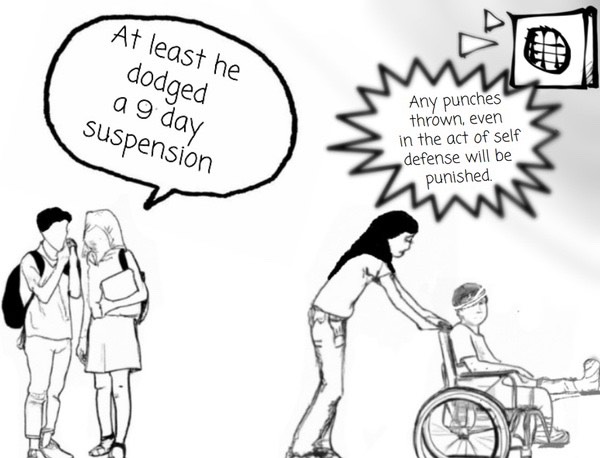The Death Penalty
An Irreversible Mistake or A Permanent Solution?
March 21, 2018
Dating back to the Eighteenth Century B.C. in the Code of King Hammurabi of Babylon, the death penalty has been a form of punishment for a specific level of crimes. Since then, the idea of execution spread from nation to nation throughout history. The biggest influence for the practice came in America from Britain, when European settlers dragged capital punishment into the new world.
But as time passed, Americans have been questioning the idea of having the death penalty a viable form of punishment. There are consequences to be evaluated in consideration the the situation at hand, and one question remains: is the death penalty worth it?
Professor Michael Radelet and Traci Lacock of the University of Colorado conducted a study and found that 88% of the nation’s leading criminologists believe the death penalty isn’t an effective deterrent to crime. Their study, Do Executions Lower Homicide Rates? The Views of Leading Criminologists, was published in the Journal of Criminal Law and Criminology.
“There is overwhelming consensus among America’s top criminologists that the empirical research conducted on the deterrence question fails to support the threat or use of the death penalty,” they concluded.
Furthermore, previous studies regarding the impact of the death penalty shared results. Currently, the death penalty is legal in 31 of the 51 states, with 747 people on death row today. Of the condemned, 21 are female and 726 male.
Activist such as Death Penalty Focus and Amnesty International have been trying to abolish this practice for many years.
“ We believe that the death penalty is an ineffective, cruel, and simplistic response to the serious and complex problem of violent crime. It discriminates against the poor and people of color, diverts attention and financial resources away from preventative measures that would actually increase public safety, risks the execution of innocent people, and does not deter crime,” says Death Penalty Focus.
There is some truth to that statement. Of those waiting on death row, about 37% are black, 35% are white, and the remaining 28% are latino. Some believe that it’s a matter of racial bias. Others argue that it is based of severity of the crime committed by that person.
“As reported by time magazine, an estimated 2,000,000 people in the United States have been victims of crimes, from assault to murder,” says author of List of 10 Biggest Death Penalty Pros and Cons.
In their website, Green Garbage, they mention certain benefits that comes from this practice. For example, execution being cheaper to taxpayers than life imprisonment. The fact is that these convictions are used in cases against human rights of life, freedom, and safety to the public. While there is still many controversies to the topic, it is up to the people to decide if this constitutional punishment should remain.












